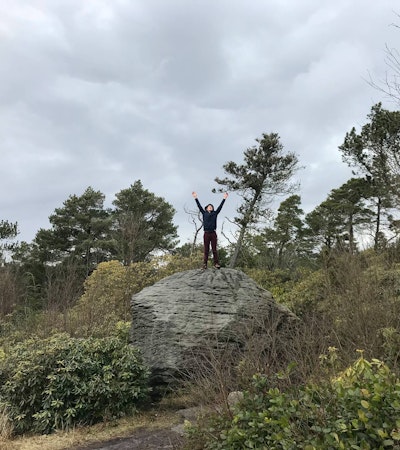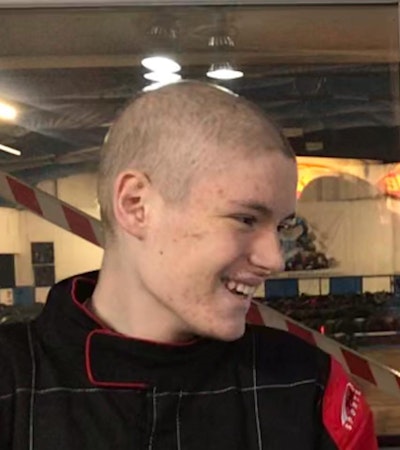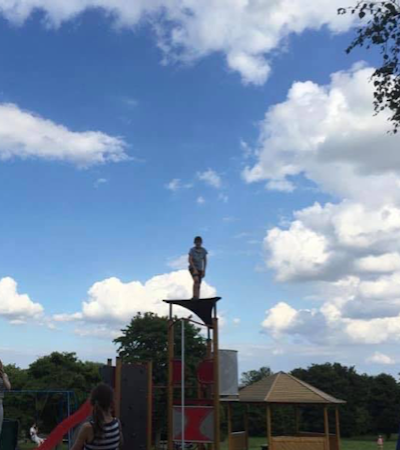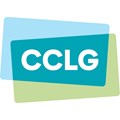13 miles for Fred
Team: 13 Miles For Fred
Team: 13 Miles For Fred
Great North Run 2021 · 12 September 2021 ·
I'll be breaking out the Percy Pigs to run my first ever half marathon on the Great North Run.
12th September 2021 will mark exactly 12 months since the Fred Bennett Don't Look Down fund was set up. The photograph which inspired his logo was taken in Northumberland, on one of our many trips to Newcastle, where he never felt the cold.
The special named funds raise vital money for research but, just as importantly, it provided us with a focus and sense of purpose which vanished when Fred died. CCLG have given us the chance to create a legacy for Fred to ensure he won't be forgotten.
We are running with the CCLG Team, which means the first £300 will go into their central pot, to fund all the amazing work that they do, and anything above that will be allocated toFred's fund.
I'm not a natural runner, and this is not playing to my strengths, but I'm prepared to give it a go. The last two years have taken their toll, physically, mentally and emotionally and I'm hoping that this will be a sign that, although we will never recover, we can carry our grief with strength and purpose.
___________________________________
About Fred
From the day Fred was born he lived at full speed. He wanted to go higher, faster, with extra danger. He hated to sleep, never sat still and could always be found conjuring up elaborate plans with his friends. Life was one long episode of Wacky Races.
Fred loved anything with wheels. Our shed and hallway overflowed with bikes, scooters and skateboards. He spent months building a soapbox with his friend to launch down a hill at top speed.

When he began to feel tired and was off his food, we thought it was just typical 13-year-old changes, and the end of the school year. He had recently broken his shoulder in an ill-advised rugby tackle so we thought he just needed rest. When his glands began to swell, we suspected glandular fever and took him to the GP, who recommended a blood test to confirm. Within hours, we were in A&E being told that it was leukaemia. He was immediately transferred to Birmingham Children’s Hospital to begin his treatment.
We were told that recovery rates for Acute lymphoblastic leukaemia (ALL) were very good – over 90% of children were treated successfully – and he began a three-year treatment plan of chemotherapy. We were optimistic and tried to remain positive. We managed a short holiday, and Fred was determined to go back to school, continue go-karting and playing out with his friends. We even got told off when he sprained his fingers falling off his skateboard. He thought that having cancer would finally persuade me to let him have a motorbike.
However, the treatment did not go to plan. At the end of the first six-week block he still had leukaemia in his bone marrow when it should have been clear. He was moved onto a stronger course of treatment but this was still not effective. In November, he began preparation for a stem cell transplant but it was impossible to get his disease level low enough. Standard chemotherapy wasn’t enough and a new immunotherapy drug caused severe side effects which took him to intensive care, and had to be dropped.

Early in 2020, as his leukaemia was refractory (not responsive to chemotherapy) he became eligible for Car T-cell Therapy, a new form of treatment that used the body’s own cells. They are taken out, transformed in a lab, and then put back to fight the cancer. Even though there were complications along the way, including a seizure and a positive COVID diagnosis, we continued to be hopeful that this treatment would work where chemotherapy had failed.
Fred spent his 14th birthday in Great Ormond Street Hospital preparing for the cells to be given back to him. However, his doctors wanted us to be realistic. The chemotherapy they had used to keep the leukaemia at bay had not done very much and his levels were dangerously high and they had to tell us that his chances of survival were very small. When asked if he had any questions, Fred asked when he would be well enough to go swimming.
Fred died on May 3, 2020, shortly after he had received the Car T-cells, nine months after diagnosis. They proved to be no match for the leukaemia, which suddenly picked up speed and overwhelmed him. It all happened so quickly that he never knew he was dying, and never gave up hope that he would get his motorbike.

We have set up the Don’t Look Down Fund in the hope that more children will get the chance to live the life they deserve. We chose the name as to encompass Fred’s fearless and risk-taking attitude as well as conveying how difficult the whole journey is. Despite everything, Fred was determined to be as active, strong and risk taking as ever, and one thing that really stood out during his illness was his mental resilience and determination. He was adamant he could still do the things he enjoyed. His determination and positive outlook kept us going and made a huge difference to how we look back on his last year.
Fred’s medical team said that they still don’t know why some types of leukaemia don’t respond to standard treatments. The money raised will fund research into finding new cures and treatment plans for refractory ALL. We also would like these new treatments to be kinder to children, with less short- and long-term side effects than existing chemotherapy.
We hope that we will all find risky and adventurous things to do to raise money in his name.

Charities pay a small fee for our service. Learn more about fees